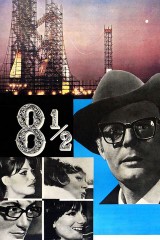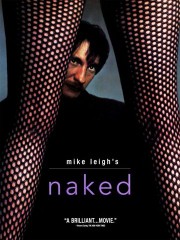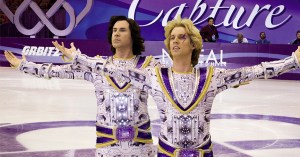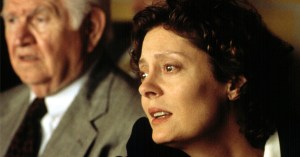Hereditary Director Ari Aster’s Five Favorite Films
The writer-director of the acclaimed horror film talks about the ways Martin Scorsese, Ingmar Bergman, Mike Leigh, and more have influenced him.

(Photo by Nicholas Hunt/Getty Images)
Ari Aster may not be a name you immediately recognize, but it’s likely one you’ll be seeing a lot more of in the future. The New York native began his career with a handful of short films, most notably 2011’s The Strange Truth about the Johnsons, which touched on themes of sexual abuse and family dysfunction and set off heated discussions in the independent film world.
Last week, he unleashed his first feature-length film, Hereditary, which premiered at Sundance earlier this year to rave reviews and became Certified Fresh upon its release. It’s a tense, slow-burning horror film dressed in the trappings of a family drama, infused with dread and punctuated by shocking moments that are equal parts terrifying and disturbing, and it’s marked Aster as a talent to watch. He spoke with us about his Five Favorite Films, and considering the technical skill on display in Hereditary, it wasn’t surprising to learn that he counts some classics among his influences. Read on for Ari Aster’s Five Favorite Films.
Ryan Fujitani for Rotten Tomatoes: I understand that Hereditary was, at least in part, inspired by a difficult time in your own family’s life. Did that make it harder to work on this film, or was it more therapeutic?
Ari Aster: Well, the wonderful thing about the horror genre is that you can take personal feelings and material that’s touchier, and you can push it through this filter, and out comes something else. So, I was able to kind of exorcise certain feelings without actually having to put myself on the slab or put anybody else in my life on the slab.
RT: What film do you think people would be the most surprised to hear was an influence on Hereditary?
Aster: Let me think for just a second. I can say that my prime reference with Pawel Pogorzelski, my cinematographer, as far as lighting was concerned was Kieslowski’s Red. We were talking a lot about Kieslowski’s Red when we were talking lighting, and that kind of become our most important reference, lighting-wise.
Hereditary is playing in theaters everywhere now.












